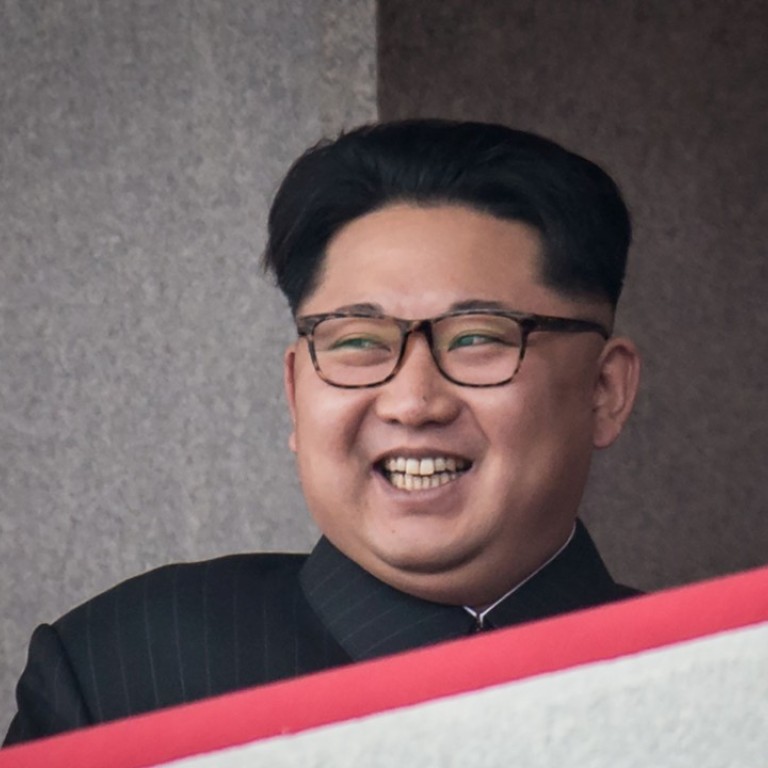
US lawmakers accuse China of helping Pyongyang bypass sanctions
US congressmen claim China is hindering efforts to halt Pyongyang’s nuclear weapons programme by funnelling hard currency to North Korea
US congressmen accused China of undermining international efforts to halt Pyongyang’s nuclear weapons programme by funnelling hard currency to North Korea.
Responding to the allegations, Washington’s ambassador to the United Nations, Nikki Haley, said she would support “secondary sanctions” to stop North Korea’s military from producing a nuclear-tipped intercontinental ballistic missile, a move that would target Chinese companies helping to funnel hard currency to its neighbour. Secondary sanctions target companies or organisations conducting any kind of exchanges with countries already subject to punitive UN Security Council resolutions.
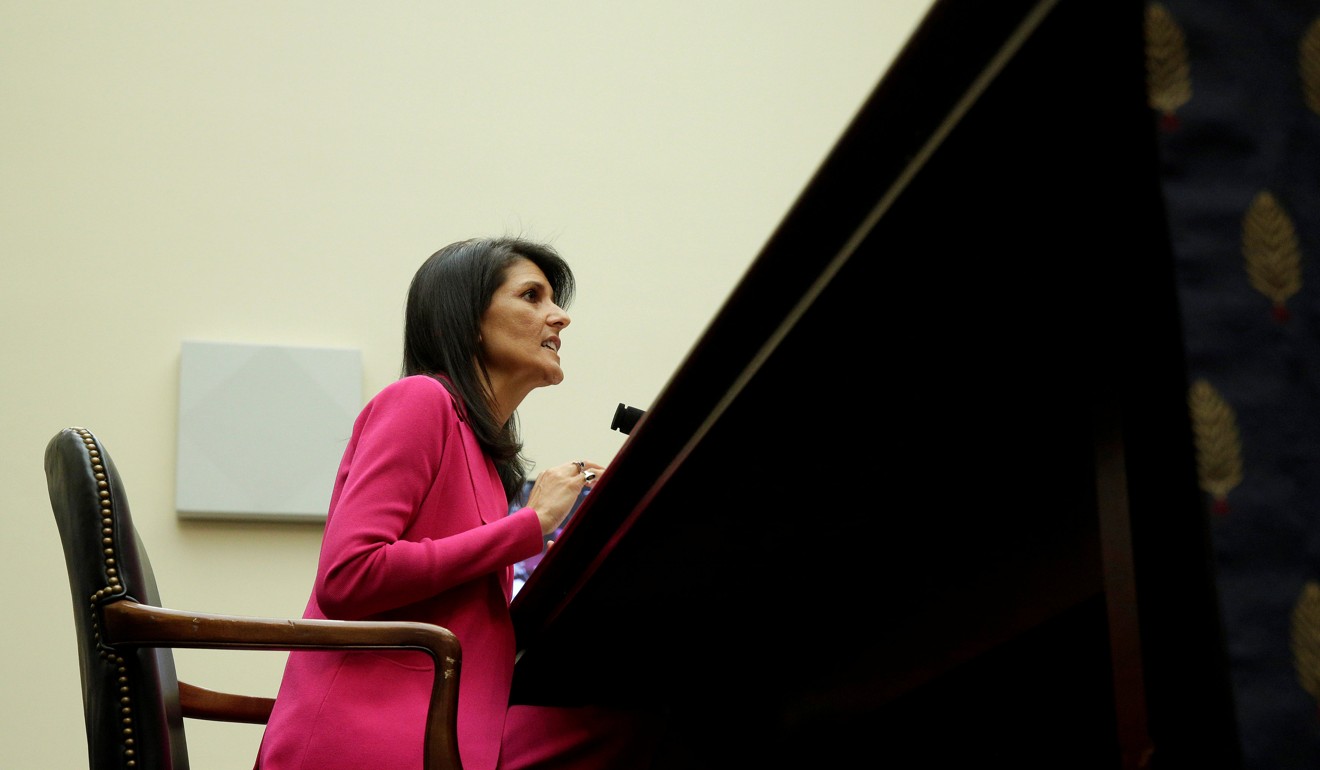
Pyongyang is likely to make such ICBMs operational sooner than many experts think, Haley said, due to weapons trade facilitated by China and income produced by North Korean citizens doing forced labour in other countries.
“You are more optimistic saying it is multiple years before an ICBM comes forward. I think it’s going to happen sooner because they are on target to do that and they continue to use their people for those violations,” Haley said in a House Foreign Affairs Committee hearing in Washington, in response to questions from the committee’s chairman, Representative Ed Royce.
The Congressional hearing was called to learn how the lawmaking body should evaluate funding for the US mission at the UN and how Haley can encourage more cooperation from other UN members on priorities including North Korea’s nuclear weapons programme and efforts to fight against terrorist organisations like ISIS and Hamas.
Representative Ted Yoho, one of the most strident congressmen in the hearing when it came to Beijing, said China-based businesses are “behind the smuggling of record cargoes of North Korean weapons to the Middle East. So China is funding and allowing North Korea to gain access to these weapons, selling them to the Middle East, going into the hands of terrorists fighting our troops”.
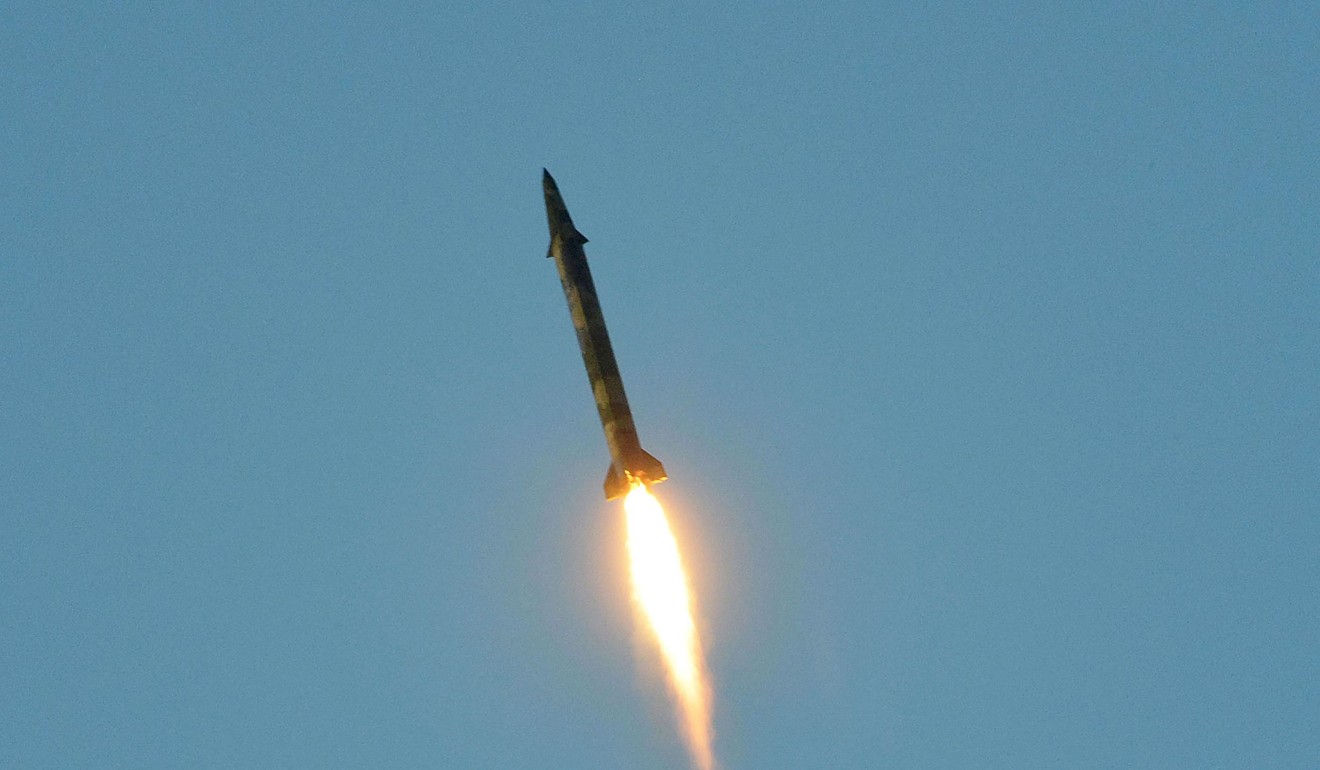
As of 2016 – before UN sanctions against North Korea were expanded or strengthened – just over 5,000 companies in China represented about 85 per cent of North Korea’s total foreign trade, according to the Centre for Advanced Defence Studies, a Washington-based think tank. By contrast, more than 67,000 Chinese firms exported to South Korea.
“The big weapons in the sanctions chest would be secondary sanctions on firms that trade with North Korea or provide financing for North Korea,” Thomas Byrne, president of the New York-based Korea Society, said in an interview with the South China Morning Post. Pyongyang has started to feel the impact of sanctions since China’s imports of coal have largely stopped, he added.
Secondary sanctions against Iran, which penalised any companies buying Iranian oil, helped bring the Iranian government to the negotiating table with the US in a deal that froze the Middle Eastern country’s nuclear programme, Byrne said.
Citing the US State Department’s recent downgrade of China in its ranking of states in terms of efforts to halt human trafficking, members of the House committee and Haley also characterised China as a human rights violator.
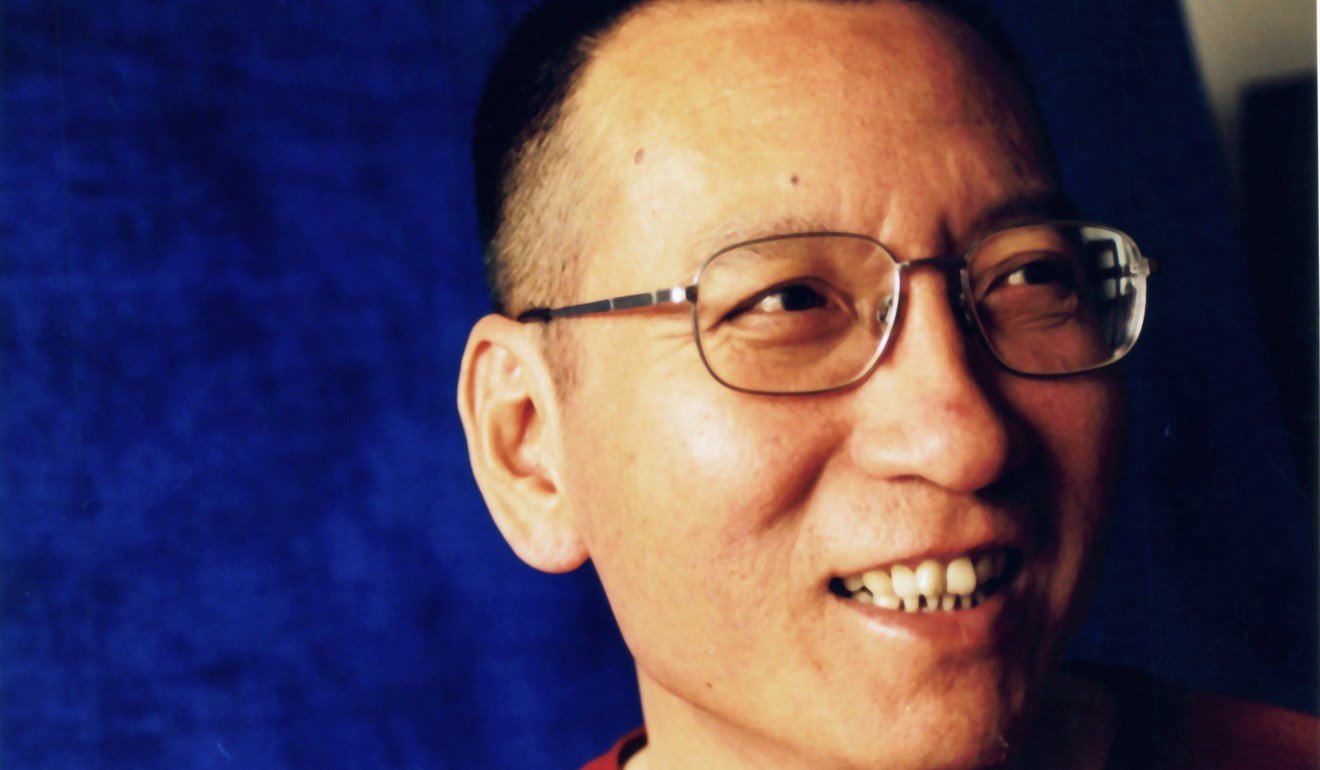
The UN Security Council has issued a series of resolutions against North Korea since 2006, after six-nation talks involving Pyongyang, China, the US, Japan, South Korea and Russia broke down.
Last month, the UN Security Council voted unanimously to expand sanctions against North Korea in retaliation for its recent ballistic missile tests by barring travel by more of its government officials and blacklisting additional state-owned companies.
The resolution added 14 North Korean government officials to the list of those already prohibited from travelling to UN member states as per a resolution passed by the Security Council in 2006. The move also prohibits four more companies, including Koryo Bank and Kangbong Trading Corp, from conducting transactions with UN member-state entities.
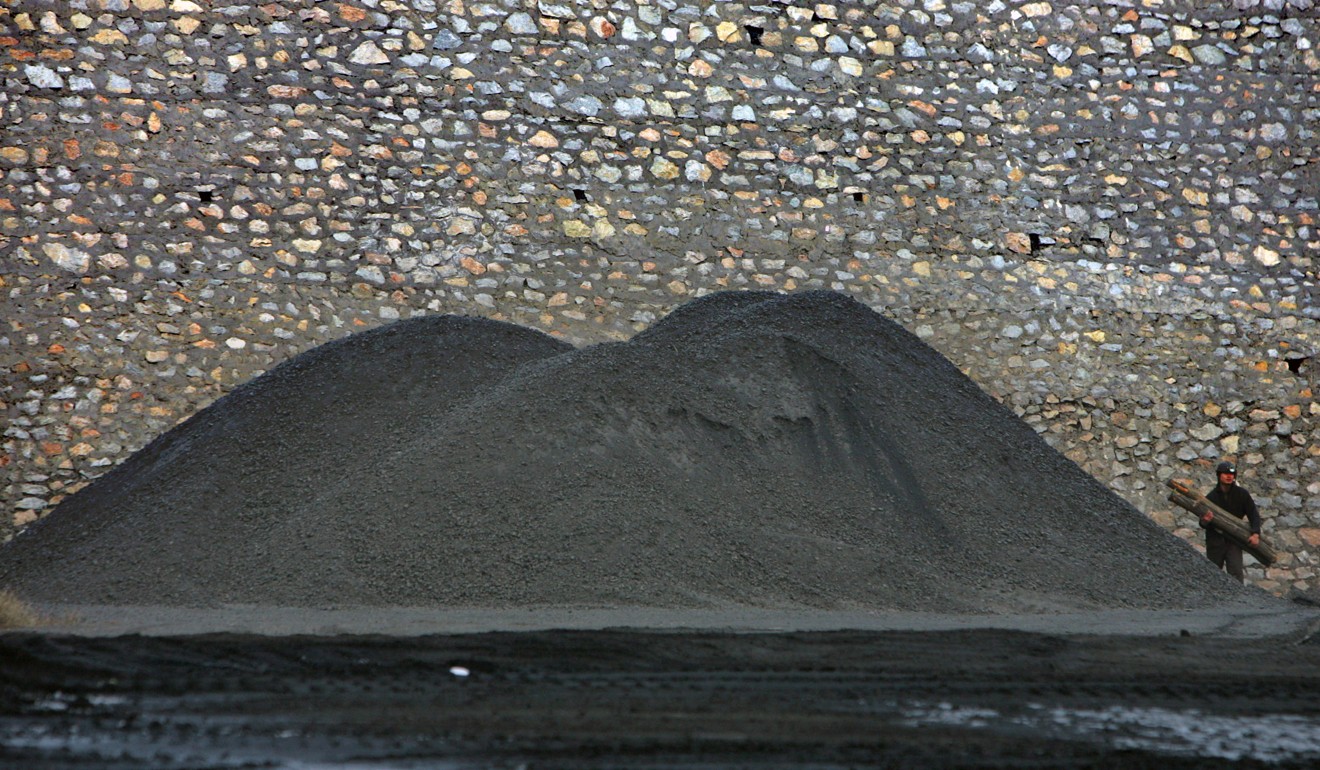
Money continues to flow from China to Pyongyang even after Beijing voted in favour of the most recent rounds of UN Security Council sanctions against its neighbour, Orville Schell, the Arthur Ross director of the Asia Society’s Centre on US-China Relations, said in an interview.
Recent sanctions have all but halted China’s purchases of North Korean coal, but concern about the consequences of an economic collapse of North Korea has made the Chinese government reluctant to cut off all economic exchanges.
China “could shut down the airline [since] the only significant route out of Pyongyang is through Beijing”, Schell said. “There are some 400,000 North Koreans working in China and all remittances for their salaries paid by the Chinese go to the North Korean government.”

